DIY vs. Professional Pest Control: Time to Take Action
Dealing with pests in your home is more than just an inconvenience — it's a challenge that often requires more than a quick fix.
While a few ants in your home or mice in your walls might seem like minor issues, they can quickly become major problems. If you’re hesitant to call for pest control while waiting for DIY tricks to work, these are the signs you need to bring in a professional before damage to your home and health risks enter the picture.
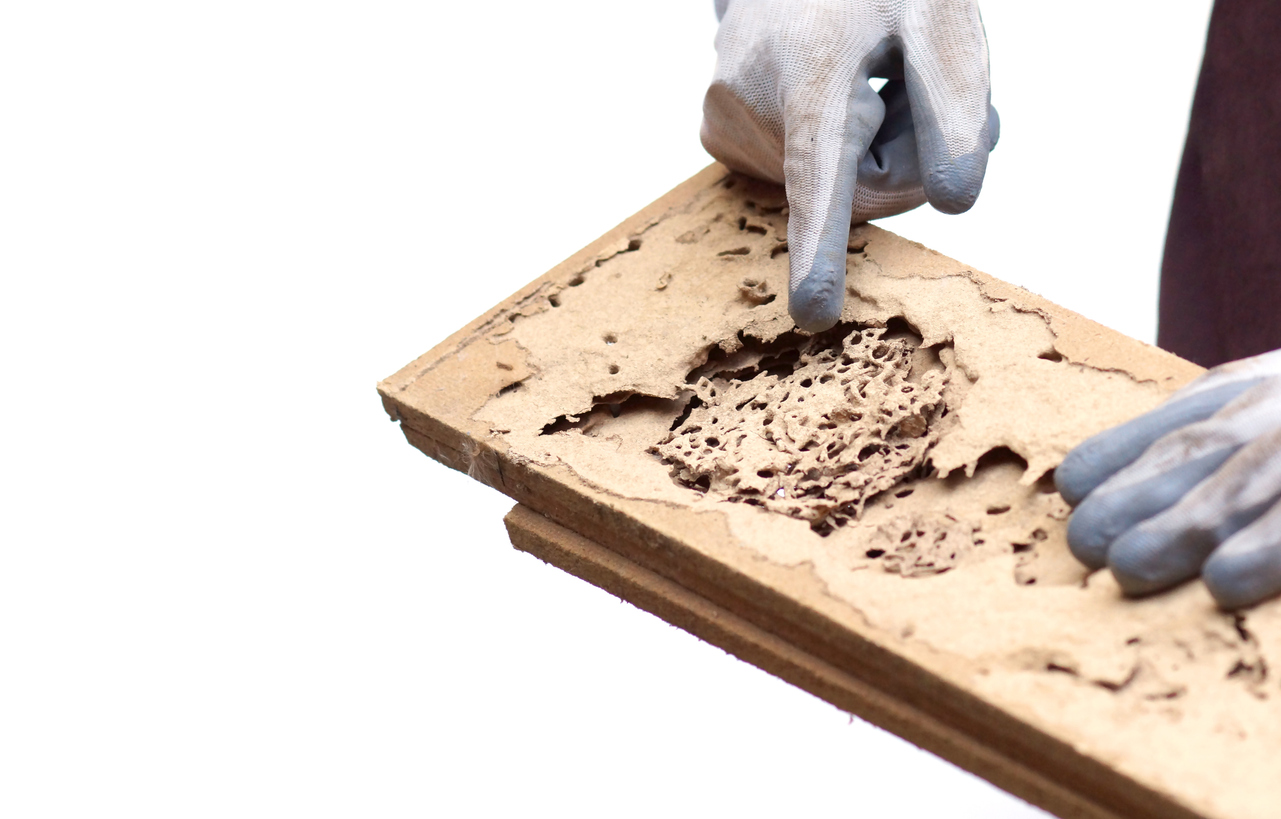
Termites and Structural Damage
When it comes to termites, spotting damage early is key. If you notice pinholes in your wood, you can use bait solutions from the store, but these may not always be effective. Even termite shields aren’t as sturdy as they sound, as these crafty pests can find ways to build mud tubes around them and get to your wood.
If those pinholes turn into hollow, weak wood in a short time, it’s a clear sign of an advanced infestation — but we can help. An integral part of our Termite Protection Plan is the Sentricon® System, the most advanced termite treatment in the world. It uses a revolutionary bait system that both gets rid of termites currently in your home and protects it from future invaders.
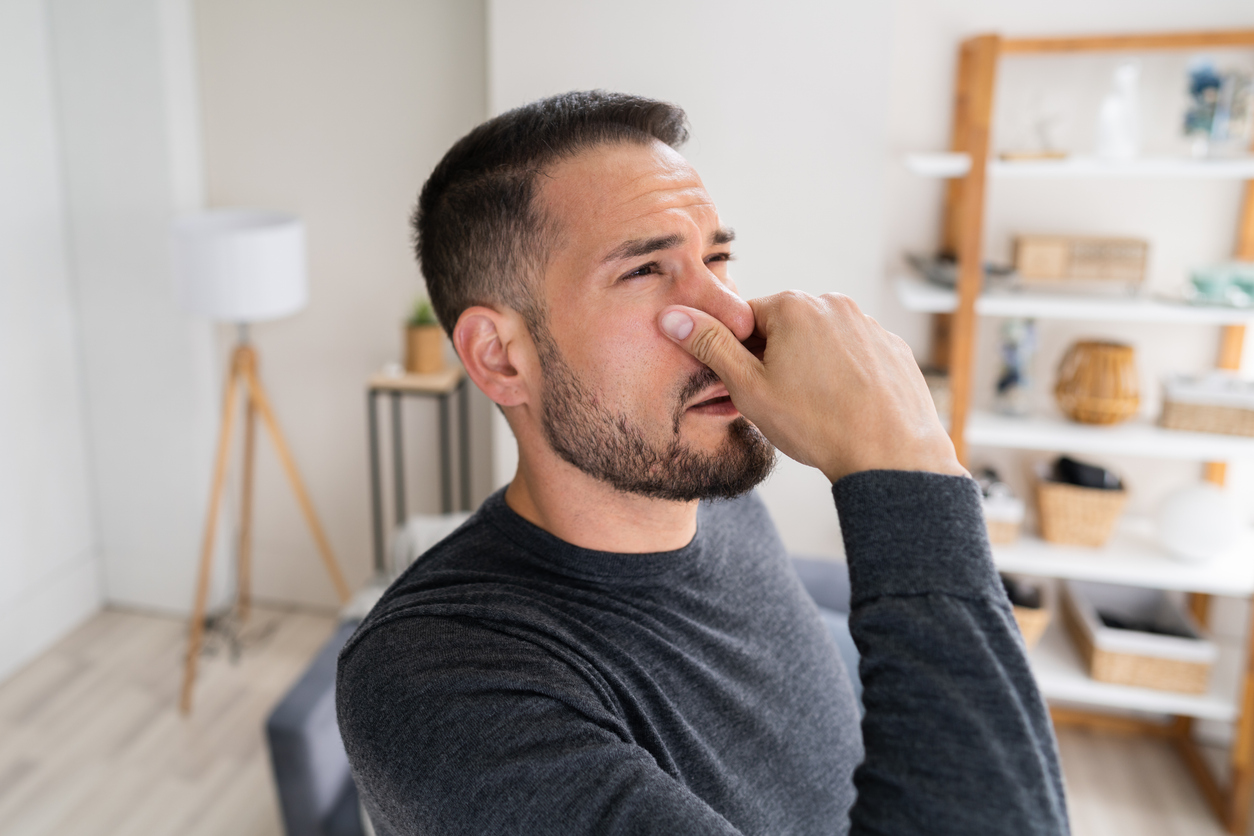
Unusual Smells
Pests don’t always have to be seen to make their presence known.
Unexplained smells in your home can be eye-opening, as they often signal more than just a passing issue. These foul odors range from an ammonia-like scent from mice to an oily smell often associated with cockroaches. Other scents that should raise an eyebrow include rotten food and feces, and if you smell them, it’s probably too late for DIY solutions.
Put down the air freshener and pick up the phone — our team can sniff out the problem, locate the source, and implement targeted solutions to keep your home pest-free.
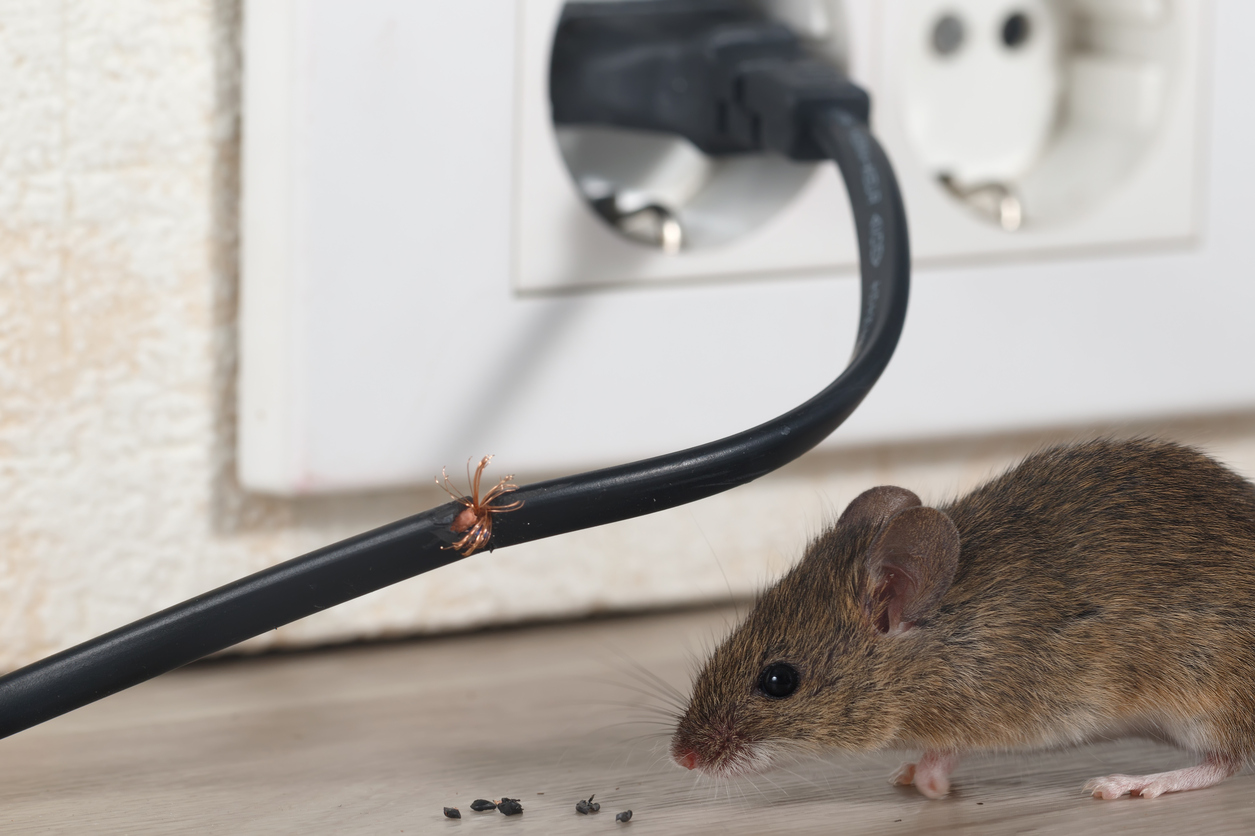
Rodents and Damaged Wires
When you think of DIY pest control, a mouse trap is probably one of the first that comes to mind. While it can handle a few of these furry foes, placing them in ineffective areas could lead to a rodent infestation, as populations can exceed two hundred rodents within months.
If the occasional dropping turns into chewed wires and gnaw marks, acting promptly is crucial. Not only do these signs mean you likely have a few mice or rats on your hands — they also could lead to electrical problems and house fires.
Our approach goes beyond the mouse trap, focusing on identifying entry points, removing nesting sites, and implementing preventive measures to ensure a rodent-free environment. We even offer total removal, disinfection, and replacement of damaged insulation — a material mice and rats commonly make nests in.
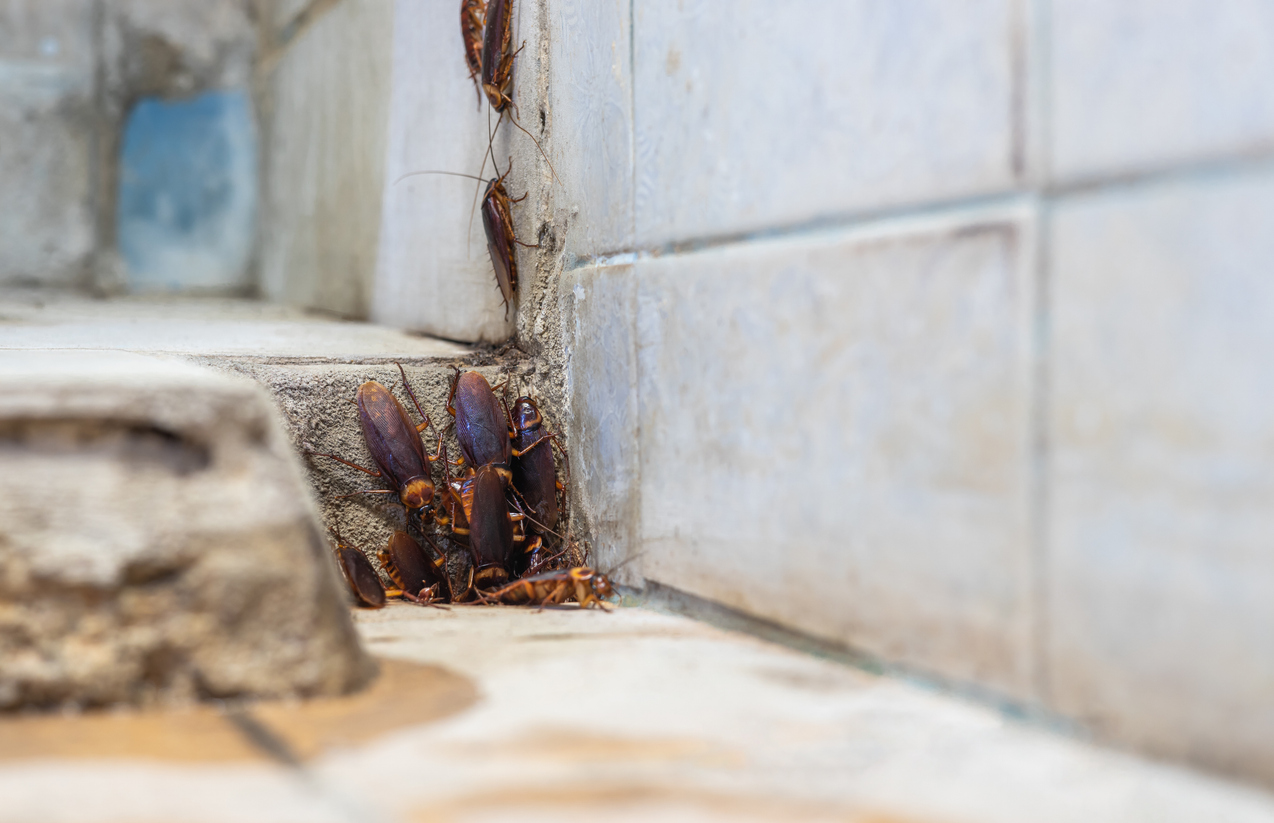
Resilient Pests
When traps and sprays only provide temporary relief, it’s a telltale sign that pests have turned your home into theirs.
Creatures like cockroaches, mice, and wasps become much more resilient to DIY methods once they’ve established a nest in your home. Their hidden nests are a breeding ground, and a new wave of invaders is always just around the corner.
You can try locating these nests, but that often proves difficult. Cockroaches build theirs in places that are hard to access, and mice are experts at setting up shop in quiet, hidden areas. Wasp nests are usually easier to find, but trying to remove one yourself could be dangerous.
Our team has experience locating and removing nests of all shapes and sizes. We even use high-quality bait that pests will bring back to their nests to eliminate them at the source and help you reclaim your living space.
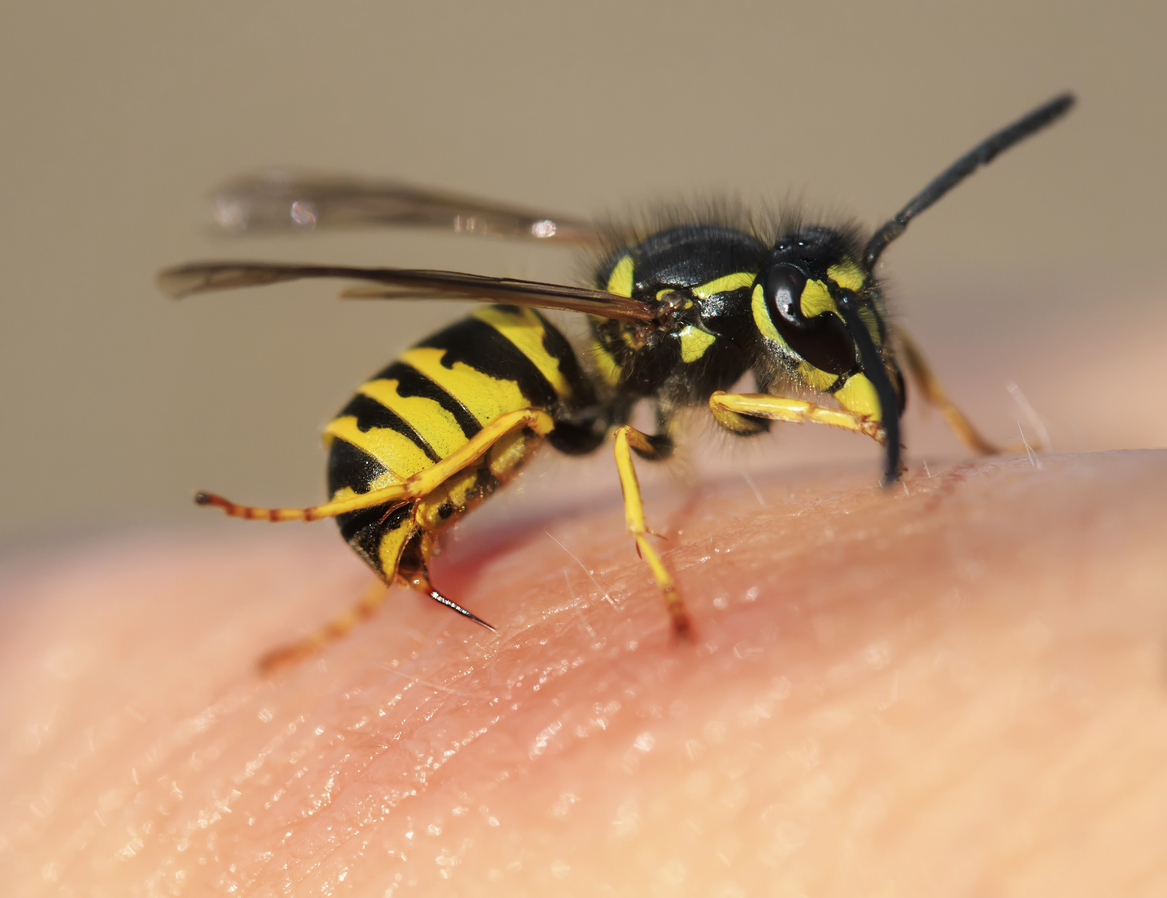
Health Risks
Pets don’t only cause structural damage — they can also pose serious health risks to you and your family. From diseases transmitted by rodents to allergic reactions triggered by insects, an infestation demands immediate attention.
Beyond the unpleasant odor of rodent urine and feces, these pests introduce pathogens into your living space. Although rare, hantavirus pulmonary syndrome can lead to severe respiratory problems. More common diseases include tularemia and salmonella infections, which come from bacteria present in waste.
While being allergic to bee and wasp stings is common, cockroaches can cause allergic reactions, too. Instead of biting or stinging you, allergens found in their saliva and fecal matter can spread in the air, and people with asthma are especially at risk.
DIY Not Doing the Job?
Whether its removing rodents or eliminating cockroaches, we always prioritize the safety of your home and well-being of your family. When you spot the signs of a serious infestation, don't hesitate — contact us for a thorough inspection and a comprehensive plan to reclaim your home from unwanted invaders.






 YouTube
YouTube Facebook
Facebook Twitter
Twitter Instagram
Instagram